Yes, it’s possible to sleep with a concussion, but there are some important considerations to ensure it’s safe to do so, let’s discuss Can You Sleep With A Concussion in detail.
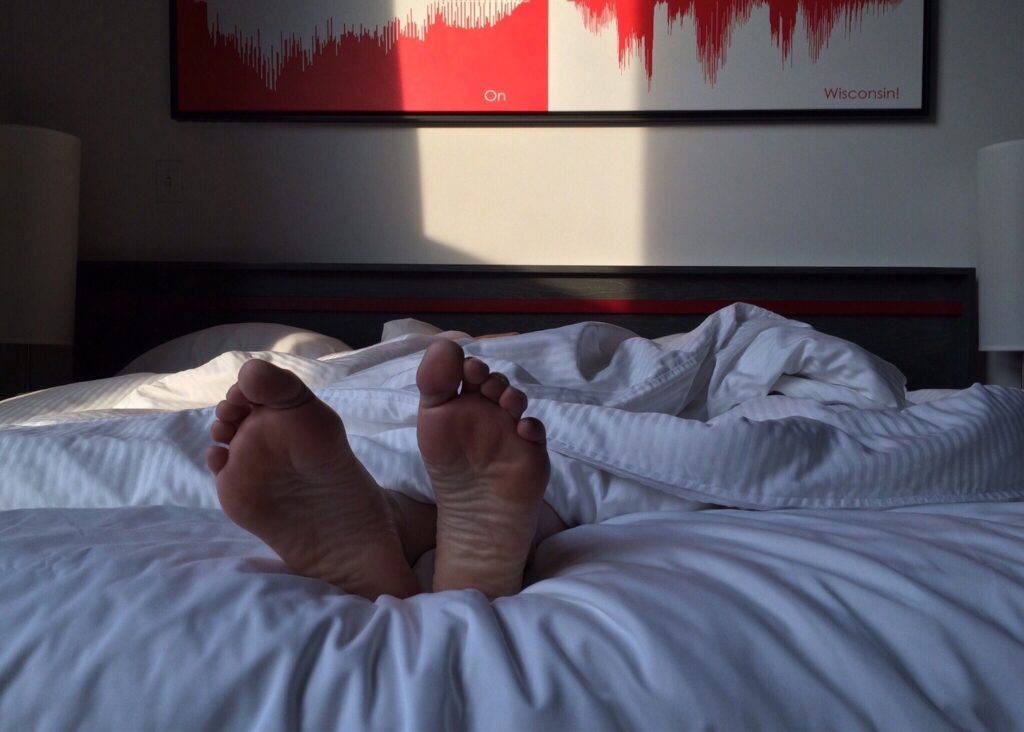
01. Understanding a Concussion
A concussion is a mild form of traumatic brain injury (TBI) caused by a blow to the head or sudden jerking movement that causes the brain to move inside the skull. Symptoms vary, including headache, confusion, dizziness, nausea, balance problems, and temporary memory loss.
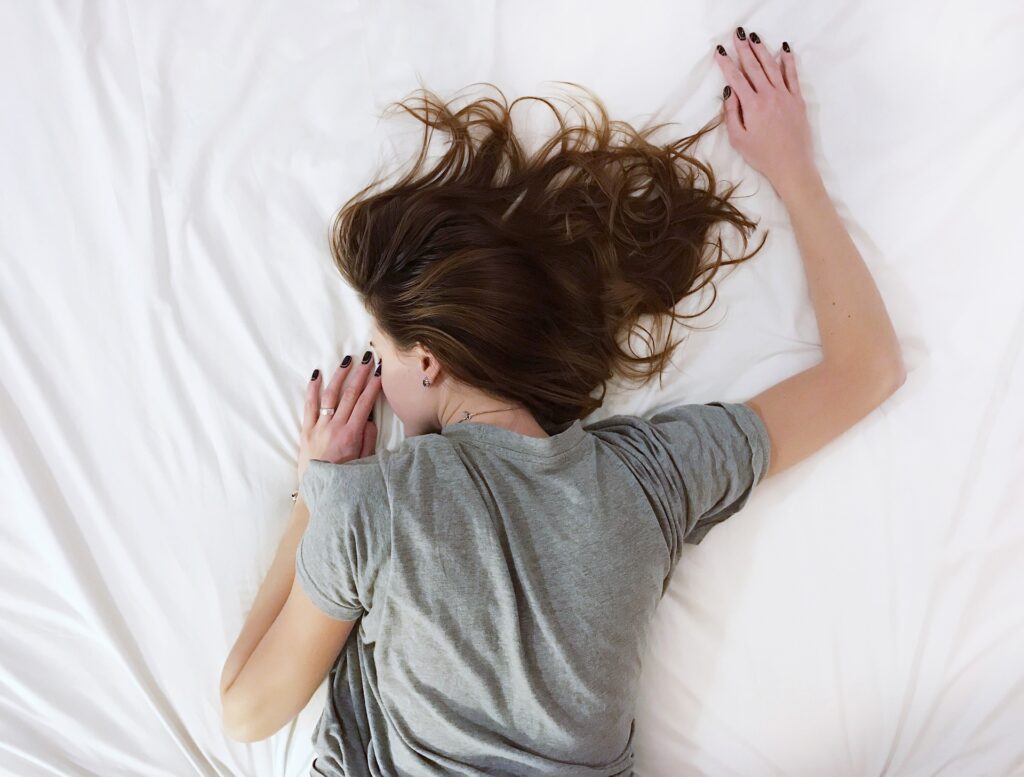
02. Myths About Sleeping with a Concussion
A common misconception is that people with concussions shouldn’t be allowed to sleep, as it could lead to a coma or serious complications. This belief stemmed from a time when brain injuries were poorly understood. We now know that allowing someone to sleep is usually safe after a concussion as long as certain precautions are followed.
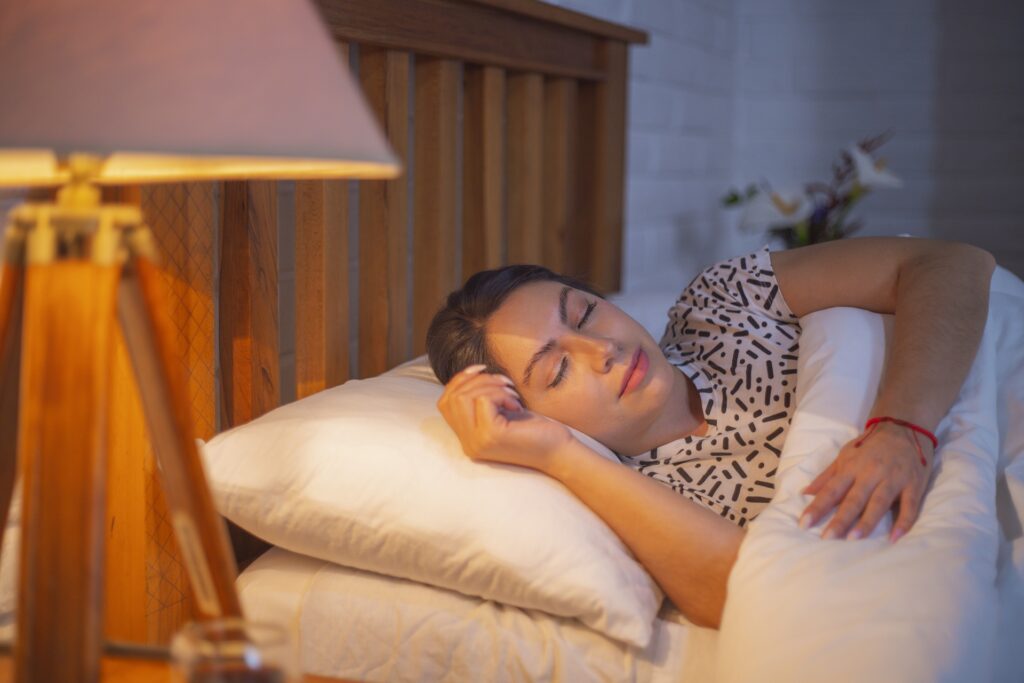
03. When It’s Safe to Sleep
- Medical Evaluation First: It’s crucial to get checked by a healthcare professional after any head injury. They can assess the severity and decide if it’s safe to sleep.
- Monitoring Symptoms: If a person has been evaluated and symptoms are mild, they may be allowed to sleep. However, having someone monitor them for at least the first 24 hours after the concussion is advisable.
- Sleep in Intervals: If the person does sleep, caregivers might wake them up every 2-3 hours to ensure they can respond normally and don’t have worsening symptoms, like increased confusion or vomiting.

04. Why Sleep is Important After a Concussion
Sleep is essential for brain recovery, especially after an injury. It allows the brain to process what happened and begin healing. Sleep deprivation after a concussion can worsen symptoms like headaches and irritability.

05. What to Watch For While Sleeping
If a person sleeps after a concussion, caregivers should watch for:
- Difficulty waking up or unusual grogginess
- Persistent or worsening headache
- Nausea or vomiting
- Confusion or slurred speech
- Unusual behavior or disorientation
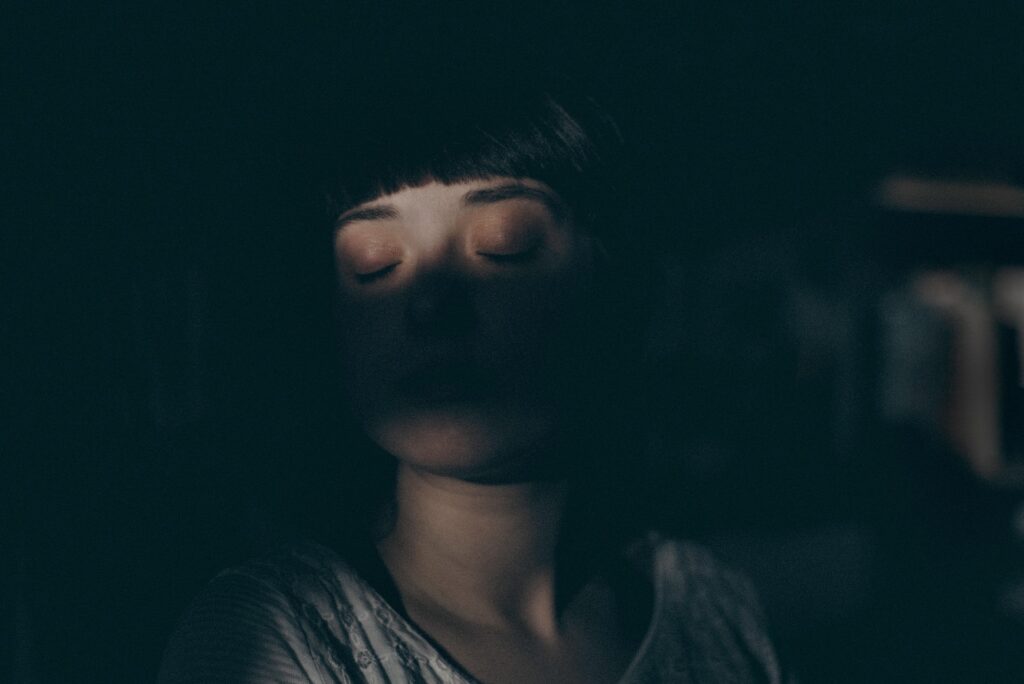
06. Follow-Up
Even if you feel better, following up with a healthcare provider is wise. Sometimes, symptoms can take hours or even days to show, and recovery protocols, like resting from intense mental or physical activity, help prevent re-injury.
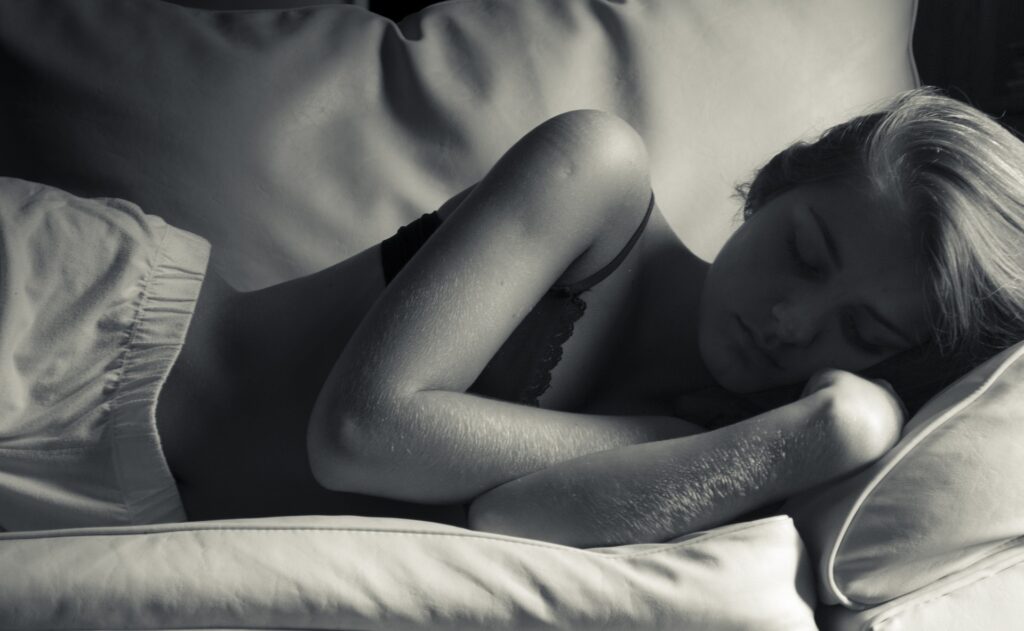
Summary
In most cases, sleep can support recovery from a concussion. The key is to get an initial medical evaluation and have a plan for monitoring during sleep to ensure symptoms don’t worsen.
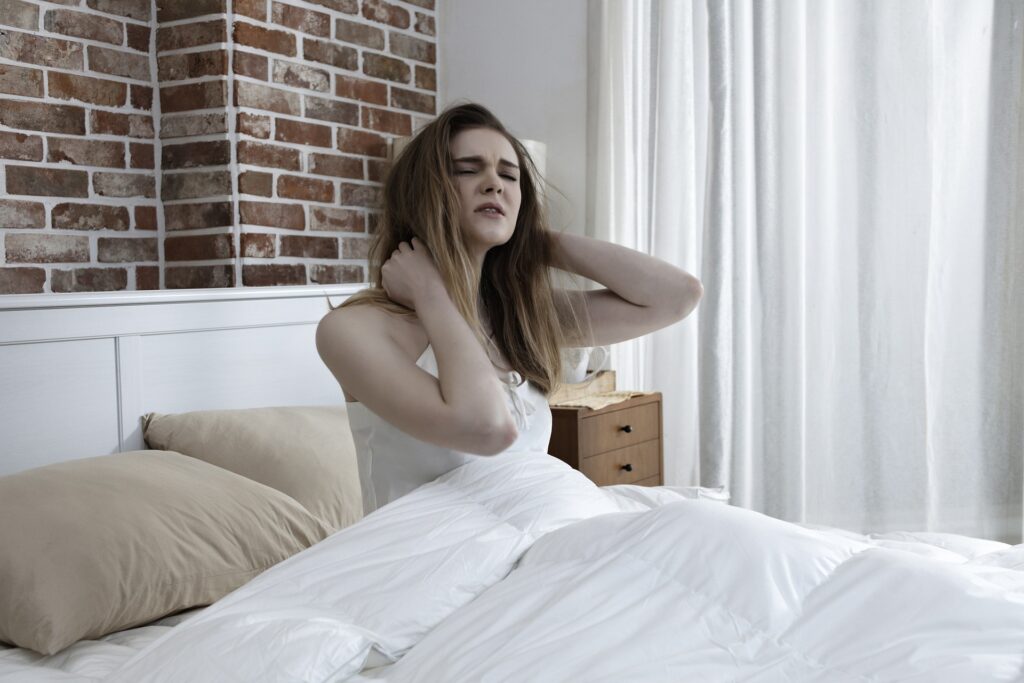
Why You’re Tired After 8-9 Hours Of Sleep

Do Rabbits Sleep With Their Eyes Open
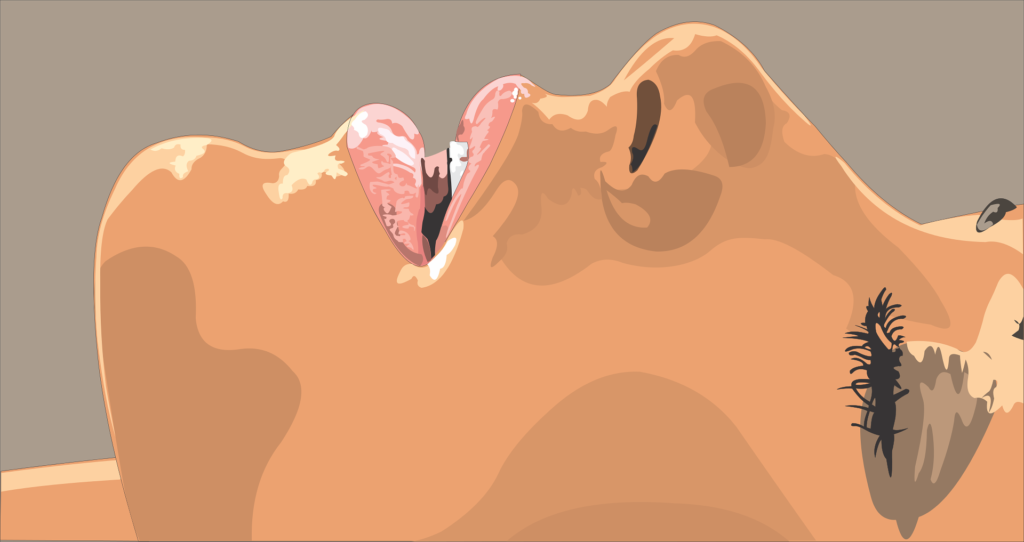

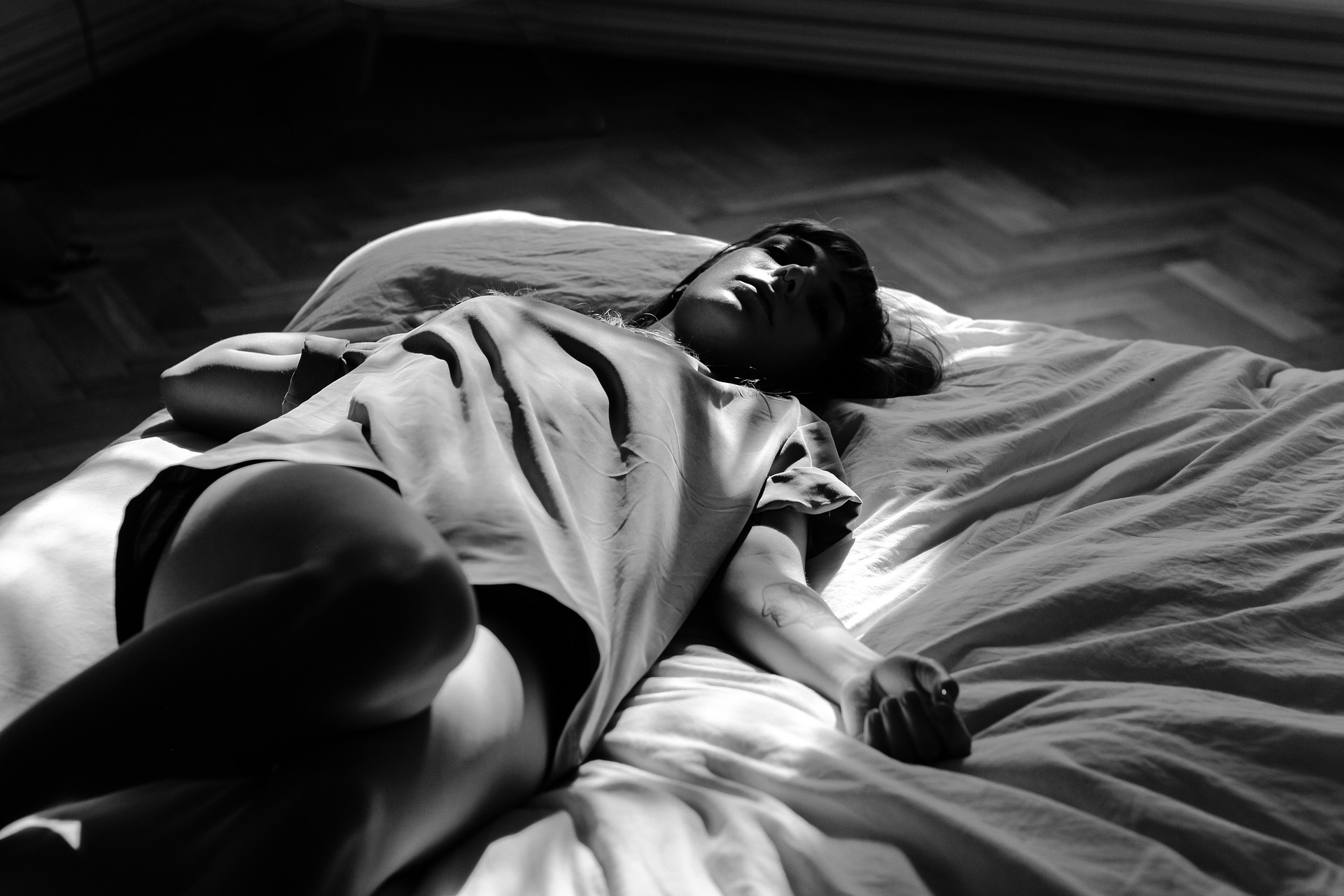
3 thoughts on “Can You Sleep With A Concussion 2024”